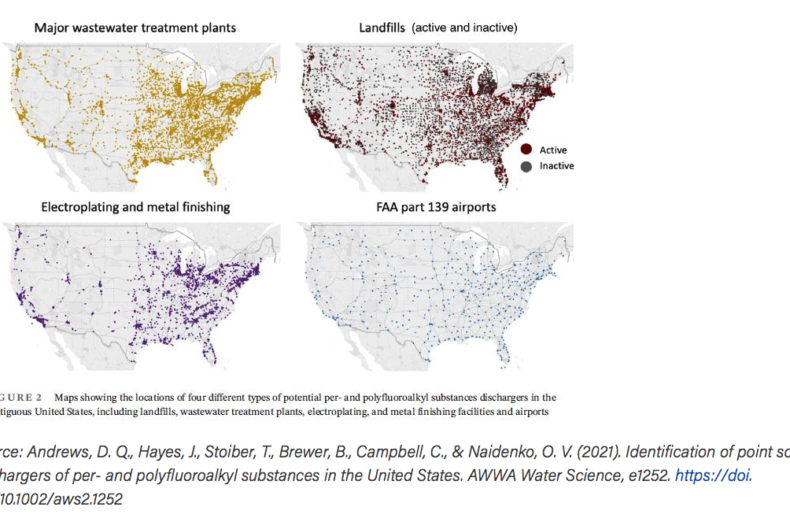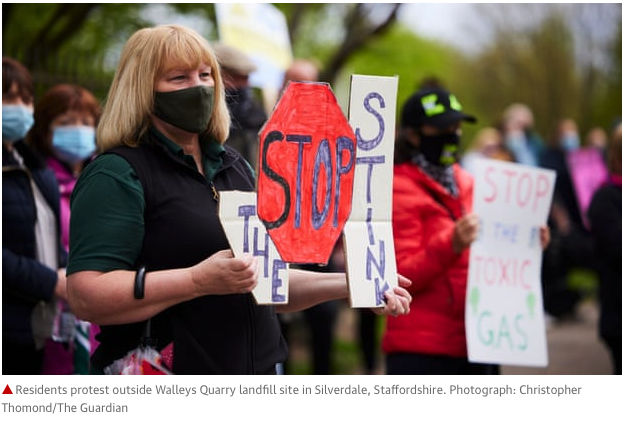An Interview with Philipp Schmidt-Pathmann President and CEO of IeRM ((Note: We asked Mr. Schmidt-Pathmann for his views on climate change, global efforts to mitigate the problem, and what he thought would be most effective. This is the first segment of his remarks, which have been edited for continuity.)) Over the past summer, we’ve seen ample evidence of climate change: excessive heat and drought, wildfires out of control, tropical storms more powerful and more damaging than ever before, flooding, loss of beach front – the list goes on. And while people seem to be waking up to the problem, there are very few if any proposals for action now. Some want to switch to renewable energy – 50% by 2050. Some look around for someone or something to blame – big coal, big oil. And some just throw up their hands and say, “what can we do, when China and India won’t cooperate.” The honest and sad truth is that we’ve dug ourselves a pretty deep hole, and we can’t wait for the world’s leaders to get together at their next summit and argue about reduction targets and revised timetables. We also have to recognize that we, as individuals, need to accept some responsibility for both the problem and the solutions. That means, to put it bluntly, changing our behavior. One area where we, as individuals, can have an impact pretty quickly is waste management. But wait, you say, that’s a government function. I pay my fee, I put out my trash, and somebody takes it away. Well, that’s true, to an extent, but think about it. Where does waste management start? In the home! That’s why the first and most important element in the international waste control hierarchy is called “source reduction.” It means, don’t throw so much away. Americans generate a lot of trash – over 1,600 lbs per person per year. That’s more than three-quarters of a ton. Here’s just one example: according to the US Dept. of Agriculture, between 30% and 40% of our annual food supply is wasted – nearly 300 pounds of food per person per year. Think of all the energy it took to grow that food, to irrigate it, to harvest and package it, and to deliver it to your local grocery store or specialty shop. Now think about how much carbon dioxide all those activities generated. Finally, consider the amount of methane all that wasted food will generate when thrown in a landfill. Agricultural activities contribute 25-30% of greenhouse gas emissions. By reducing food waste by 50%, we could make a big reduction in carbon emissions. And it would save you money! ((In the coming weeks, we’ll provide more of Mr. Schmidt-Pathmann’s remarks, as well as interviews with policy-makers,environmentalists, and corporate leaders.))




